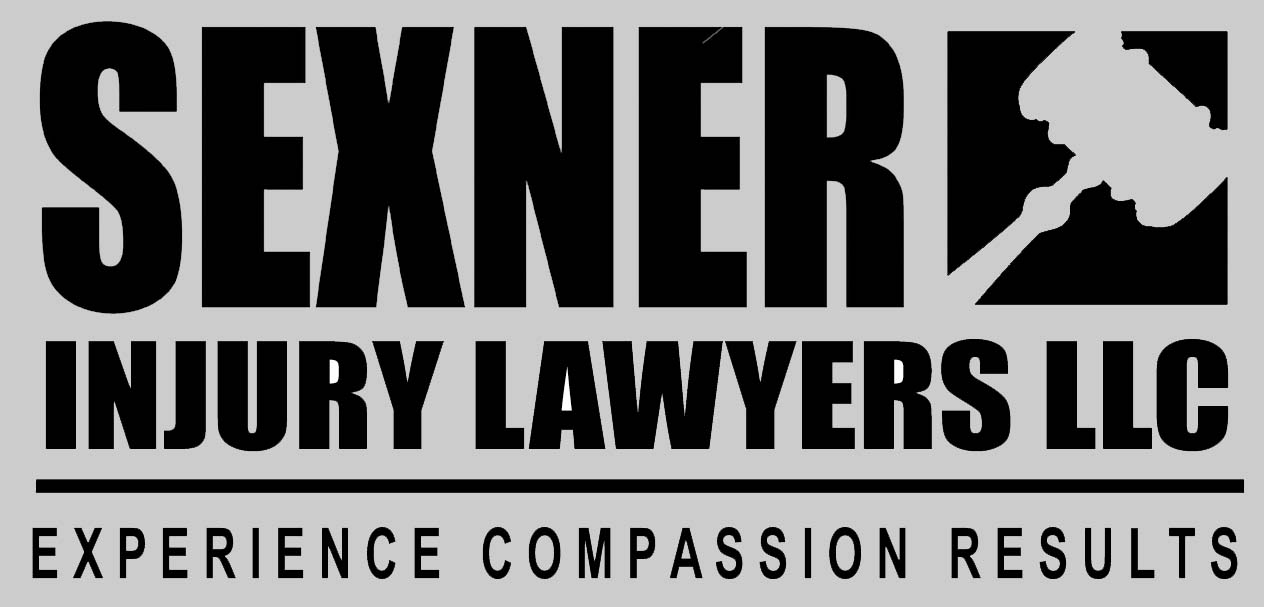Window Washer Injured Ankle on the Job
Attorneys affiliated with the Sexner legal team filed a worker’s compensation claim and also a third-party claim for an ankle injury that occurred while on the job. Our client was a window wash washer assigned to wash high-rise windows at one Chicago’s tallest and more prestigious building residences. As he and one of his coworkers were moving the equipment into place in order to begin the job, the window washer rig ran into his foot and he injured his ankle. Our experienced attorneys argued that the reason it hit his ankle was that the steering bar (that he was supposed to be controlling) was bent and that’s why it moved to the side and hit him before he could realize what happened. The insurance companies for the other side argued that they did not have notice that the equipment was damaged and were therefore not responsible for the injury and also that the worker was primarily at fault for causing his own ankle injury. Although It was a highly contested case relative to notice of the condition and comparative fault, our attorneys fought hard and were able to obtain a high monetary settlement for our deserving client.
Why is Notice Important on Injury Cases?
Not every injury that occurs on someone else’s property or involving another company’s equipment gives rise to a successful lawsuit. The essence of a valid lawsuit is that another person or entity either did something negligently or that they knew or should have known that there was something wrong and that this condition could or likely would lead to the injury of another person.
Say for instance that a person walks into a grocery store to purchase some food. After walking in and about to grab a grocery cart, the person slips on water that has been tracked into the store by other customers from the rain or snow, falling to the ground, suffering severe and permanent injuries to the body. Is the store and their insurance company likely legally responsible for the medical expenses and subject to a winnable personal injury lawsuit?
What is an “Act of God”?
Probably not, for a few reasons. The first is that rain and ice come from above and are considered “Acts of God”. Such occurrences are not covered by any insurance policies and are generally excluded from coverage. What is covered under insurance are acts that are the result of negligence on the part of the insured party.
But even for conditions arise that are initially the result of non-man-made events (such as rain, snow or ice), legal liability may arise when a party fails to do something that is required under the circumstances. The party needs to negligently ignore or recklessly fail to act to protect their employees or customers.
What does “Notice” mean in a Personal Injury Case?
What if there was an earthquake the night before and when the store owner opened up in the morning, all the heavy cans of soup had shifted on the shelf so that they were perched precariously on the edge of a high self. The store owner didn’t cause this shifting to happen, so how could he be held responsible? The answer lies in the legal concept of “notice”. If it could be shown that he looked up and saw that the cans had shifted and were likely to fall on a customer’s head, most Judges would find that this “failure to act” was negligent on his part and that he and his store would be responsible for the injuries that resulted if such an accident happened.
But if it wasn’t obvious that the cans had shifted, most Judges would be hesitant to assign blame to the store owner for circumstances that were not of his making and of which he would not have reasonably noticed. In the same way, tracked in water isn’t a condition that a store owner would typically be blamed for. Sure, if it was obvious that water was being tracked in all day long and no attempt to mop it up or put-up signs was made, there might be some responsibility based upon negligence, but otherwise, “Acts of God” are not generally actionable, except in certain circumstances.
So, whether an owner is ultimately responsible to protect his patrons against a dangerous condition not of their making often comes down to notice. In the same way, when clear water is on the floor, it’s often hard to “notice” such a thing. But if the liquid is purple grape juice, it’s probably the responsibility of the store owner to notice that and clean it up in a reasonable period of time before someone gets hurt in a slip and fall accident.
Another example is when a person trips on a sidewalk crack or in a parking lot hole, breaking an ankle or other catastrophic injury. The natural deterioration of cement or blacktop is a fact of life and of physics. Owners of such property, whether a private owner or a city that’s responsible for the upkeep of public sidewalks, has a certain duty to maintain these areas. But “notice” plays a part here as well. The city of Chicago for instance, cannot reasonably be required to patrol every street and every sidewalk each day to check whether a new chunk of cement has broken loose, posing a danger. But when conditions appear so deteriorated that the damage must have happened over a long period of time, liability may attach.
Sexner Injury Lawyers LLC Obtains Significant Settlement for Injured Client
Such was the case involving our injured window washer. In order to assign legal blame to the other party and their insurance company, it was necessary to show that they knew or should have known about the bent steering bar. Establishing this was key to a successful conclusion for our client. Call our experienced injury legal team 24/7 to discuss any injury matter at (312) 243-9922.

